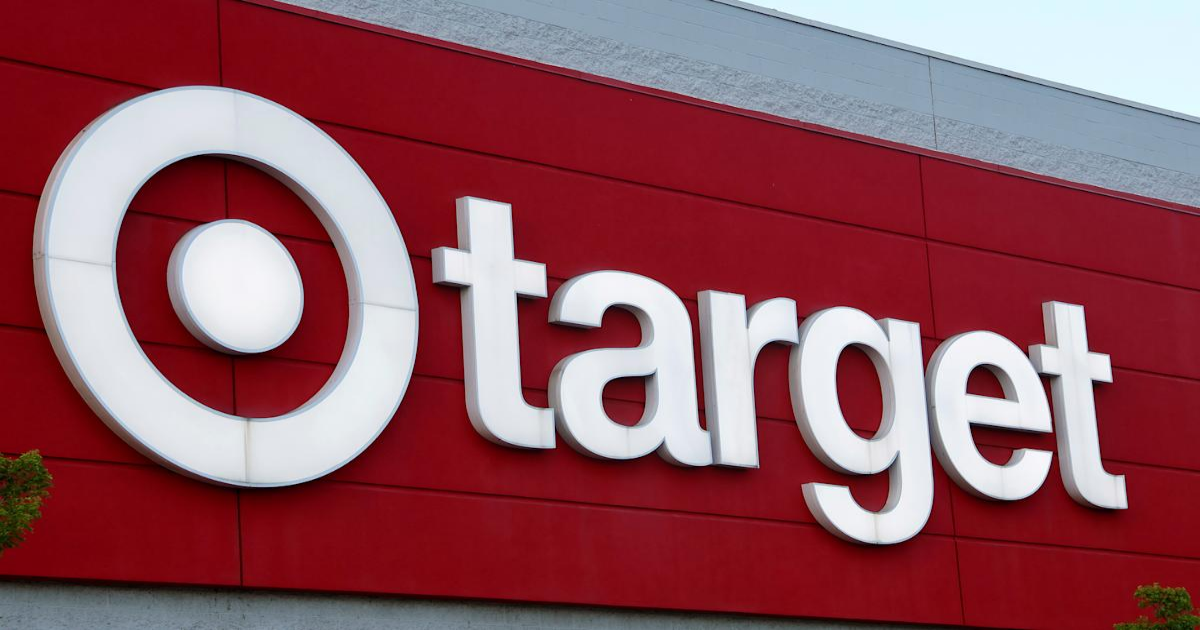Target’s (TGT) sluggish first quarter was partly due to consumers’ protests to the retail giant’s rollback on diversity, equity, and inclusion (DEI) policies.
On Wednesday, shares of the retailer slid more than 7% after it posted a 3.8% year-over-year decline in same-store sales, compared to the 3.7% drop it saw last year.
CEO Brian Cornell said during the earnings call that one headwind Target faced in the quarter was consumer reaction to “updates” it shared on belonging in January.
Those reactions, Cornell said, compounded ongoing pressure on consumers’ discretionary spending amid five months of declining consumer confidence and uncertainty about tariffs.
“While we believe each of these factors played a role in our first quarter performance, we can’t reliably estimate the impact of each one separately,” Cornell said.
The retailer announced in January it would scale back its “Belonging at the Bullseye” strategy that focused on hiring and supplier diversity goals. The changes also ended Target’s participation in external diversity-focused surveys, including the Human Rights Campaign’s Corporate Equality Index.
Target was mentioned as a specific focal point for advocacy group Black Wall Street Ticker, which in February called for a 40-day “corporate fast” from spending any money at the chain between March 5 and April 17.
Target is one of dozens of companies that announced recent about-faces on diversity, a list that also includes Walmart (WMT), Google (GOOG), Meta (META), McDonald’s (MCD), Amazon (AMZN), and Tractor Supply (TSCO).
For the week of March 3, Walmart’s foot traffic was down 0.7% year over year, while Target’s foot traffic was down 6.8%, according to Placer.ai. They haven’t seen a full recovery so far this year.
Meanwhile, foot traffic at Costco (COST) — which has affirmed its support for DEI policies and was listed by the National Association for the Advancement of Colored People (NAACP) as part of a “Black Consumer Advisory” initiative — was up 7% year over year in the week of March 3.
Walmart has faced some repudiation, including from its own investors. More than 30 shareholders representing $266 billion in assets sent a message earlier this year to CEO Doug McMillon that called the retailer’s recent DEI policy changes “very disheartening.”
Yet, Walmart’s US same-store sales jumped 4.5% year over year in its latest quarter, besting estimates of 3.85%. Roth Capital Partners senior research analyst Bill Kirk told Yahoo Finance that this is a larger narrative as Walmart outpaces Target’s growth rate by four times.
Target is “very far behind,” he said, as the company struggles to figure out “what makes them unique in this current environment.”
“Consumers aren’t compelled to use Target in the same way they once were … If you’re not compelled to use Target for a particular reason, it makes a boycott far simpler to execute,” he said.
The backlash could persist. CFRA analyst Arun Sundaram told Yahoo Finance, “I don’t think Target gave much assurance that the DEI-related boycotts were limited to this quarter.”
Sundaram noted that, unlike the backlash to Target’s Pride merchandise in 2023, this time “management couldn’t quantify the impact.” Back then, Target “provided monthly sales cadence and reassured investors that the issue was mostly contained to that quarter.”
Meanwhile, Morningstar analyst Noah Rohr said the company is facing “several headwinds,” making it “difficult to parse out” a direct factor.
“Tough competition and a weak spending environment,” he said, are “two factors likely to persist in coming quarters.”
StockStory aims to help individual investors beat the market.
Alexis Keenan is a legal reporter for Yahoo Finance. Follow Alexis on X @alexiskweed.
Brooke DiPalma is a senior reporter for Yahoo Finance. Follow her on X at @BrookeDiPalma or email her at [email protected].
